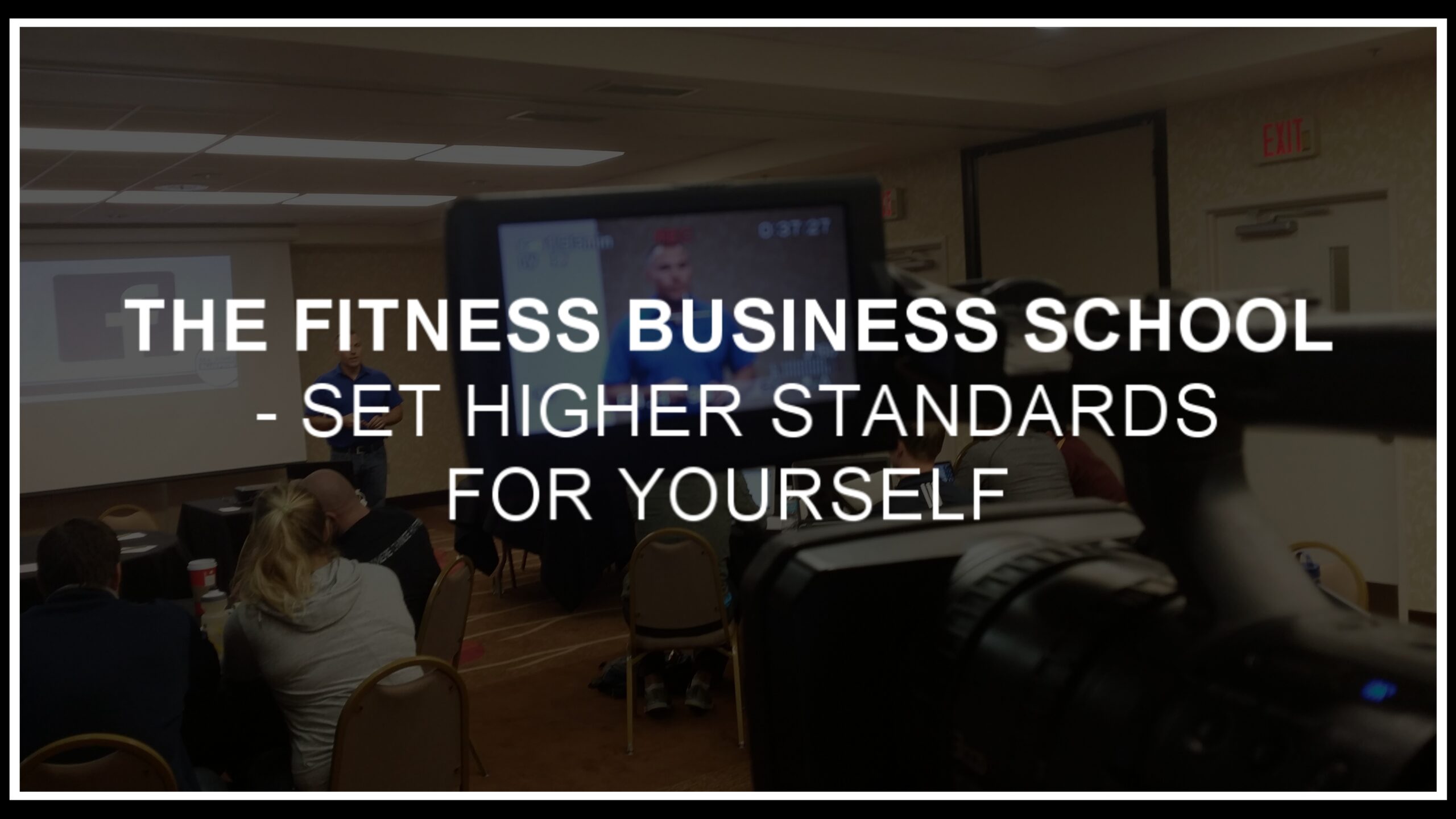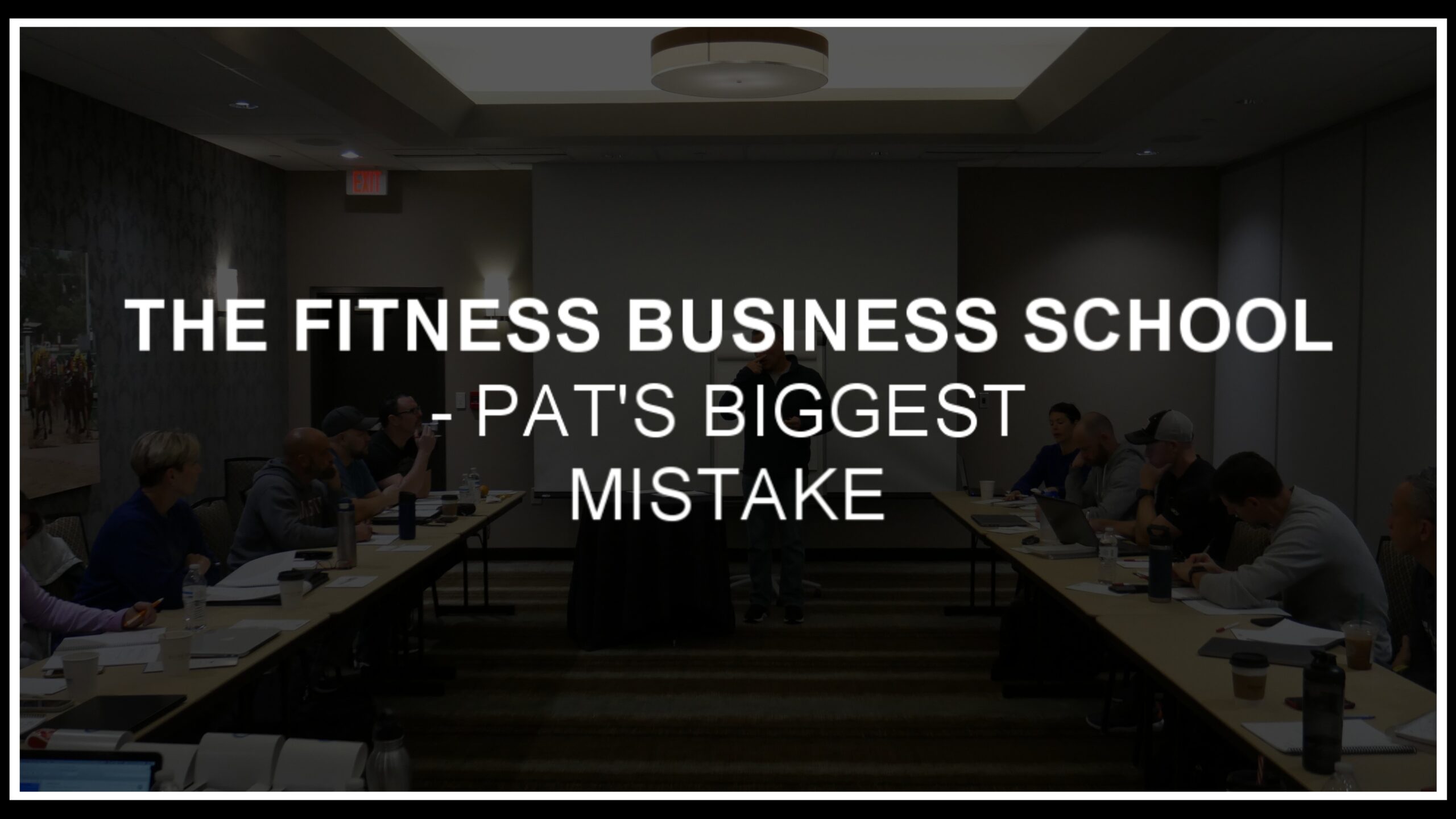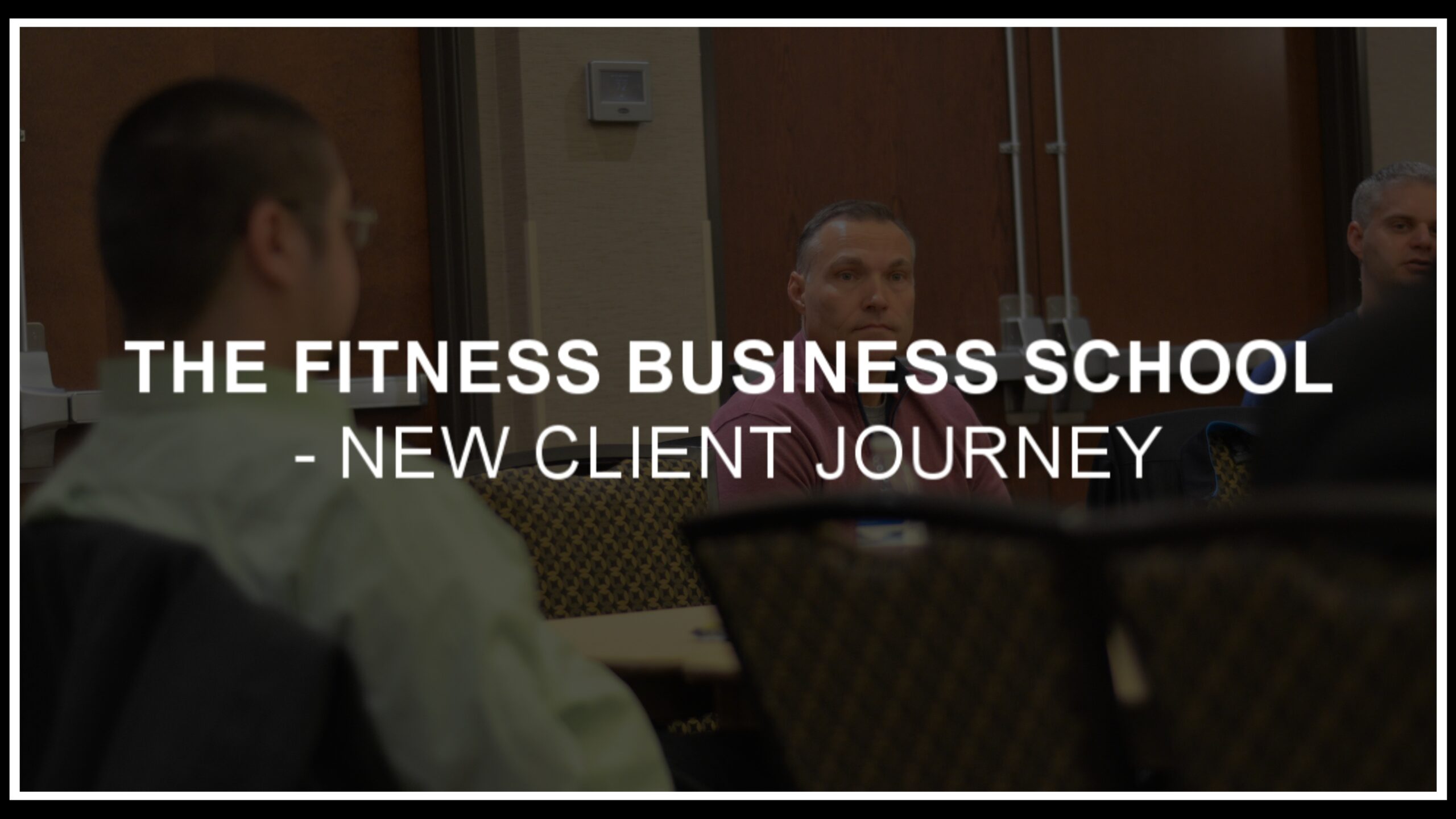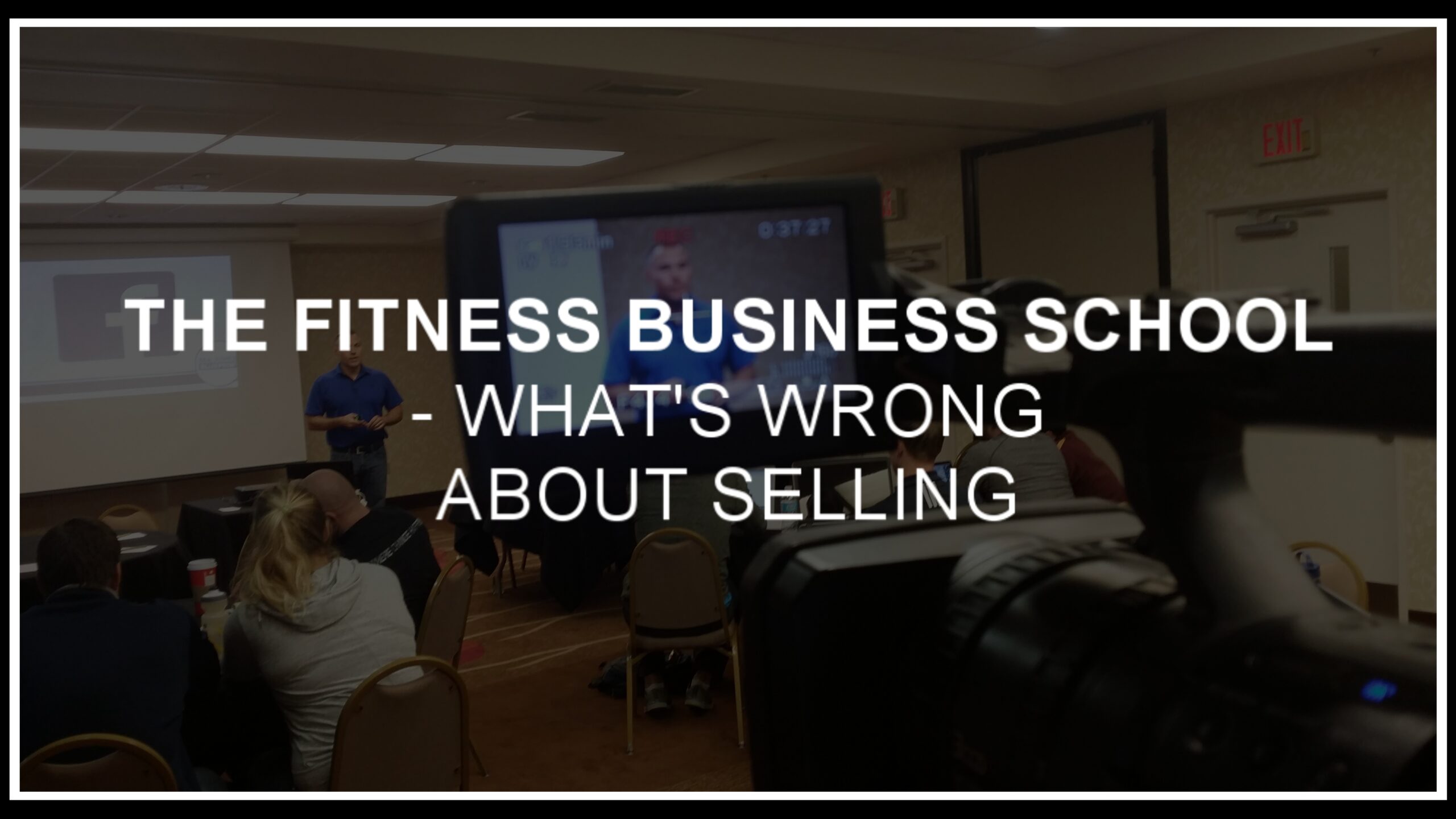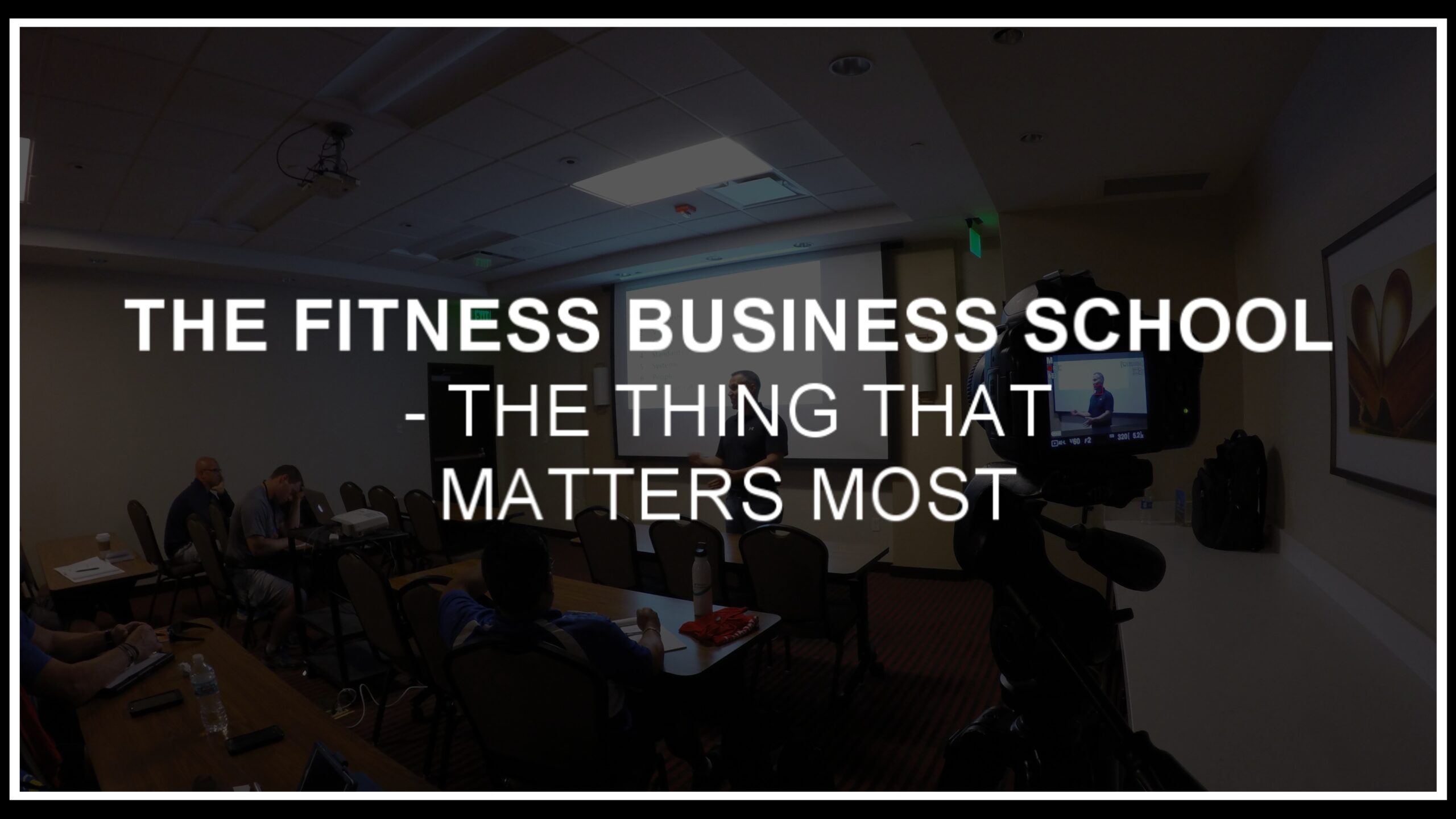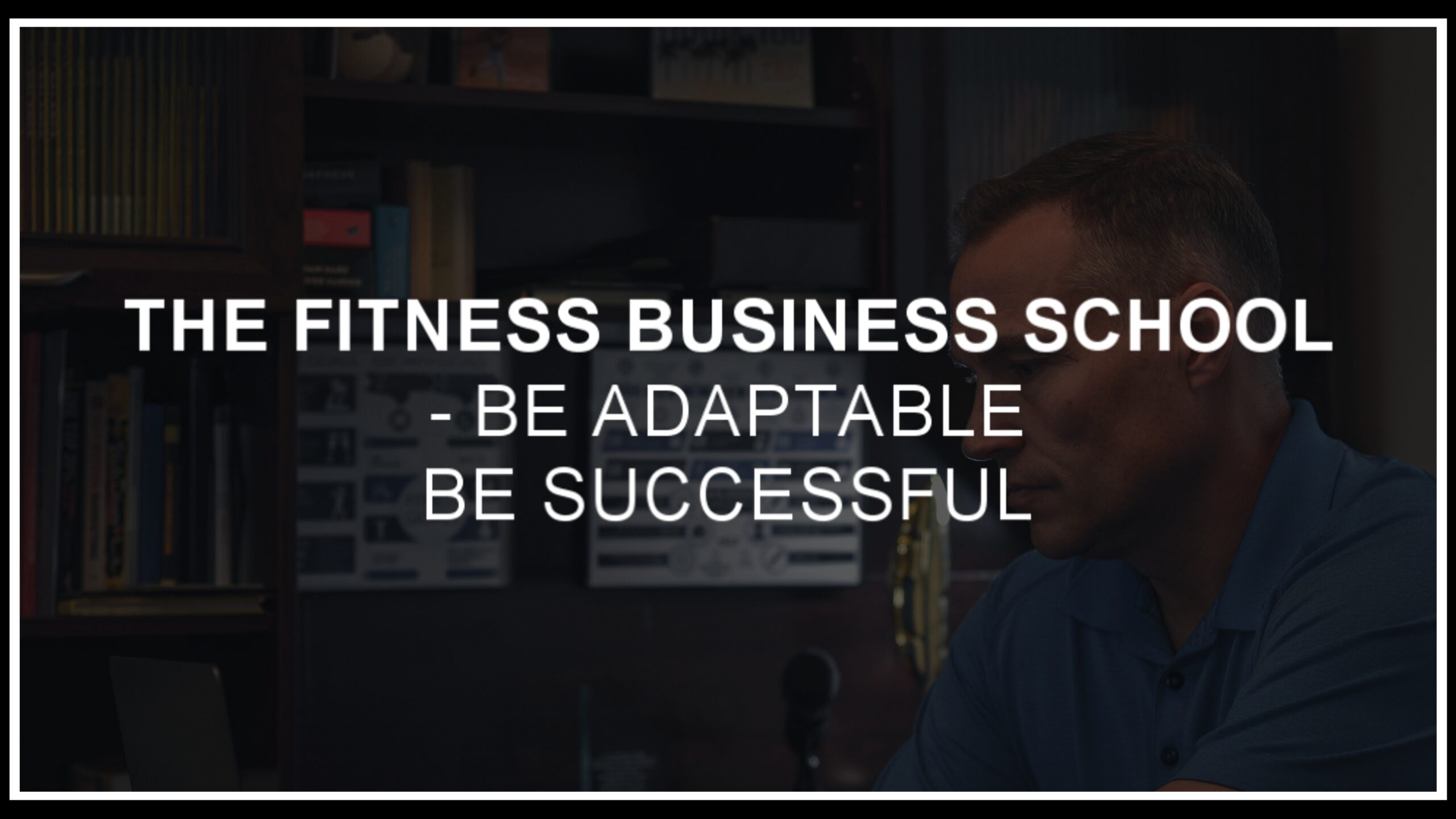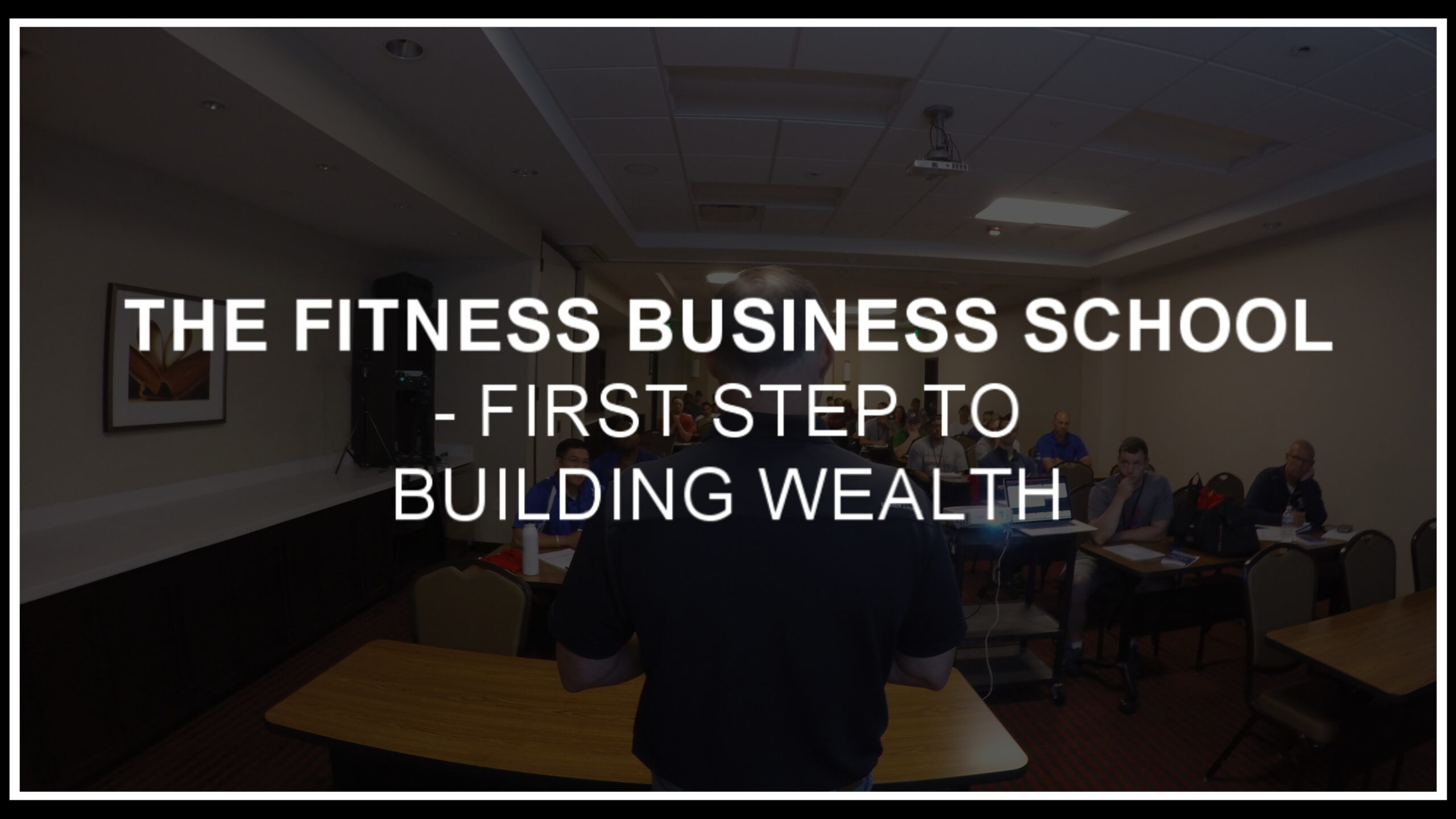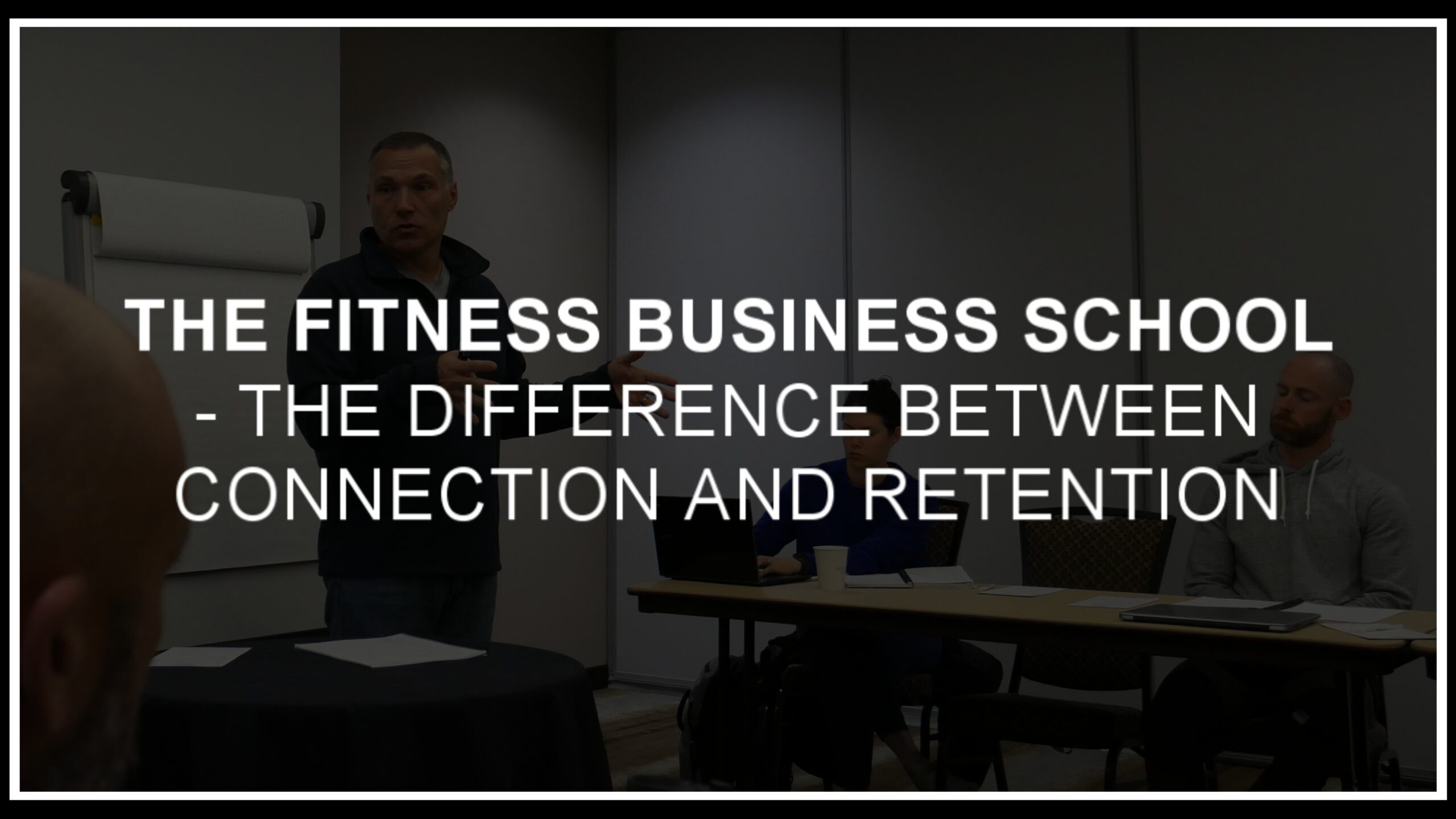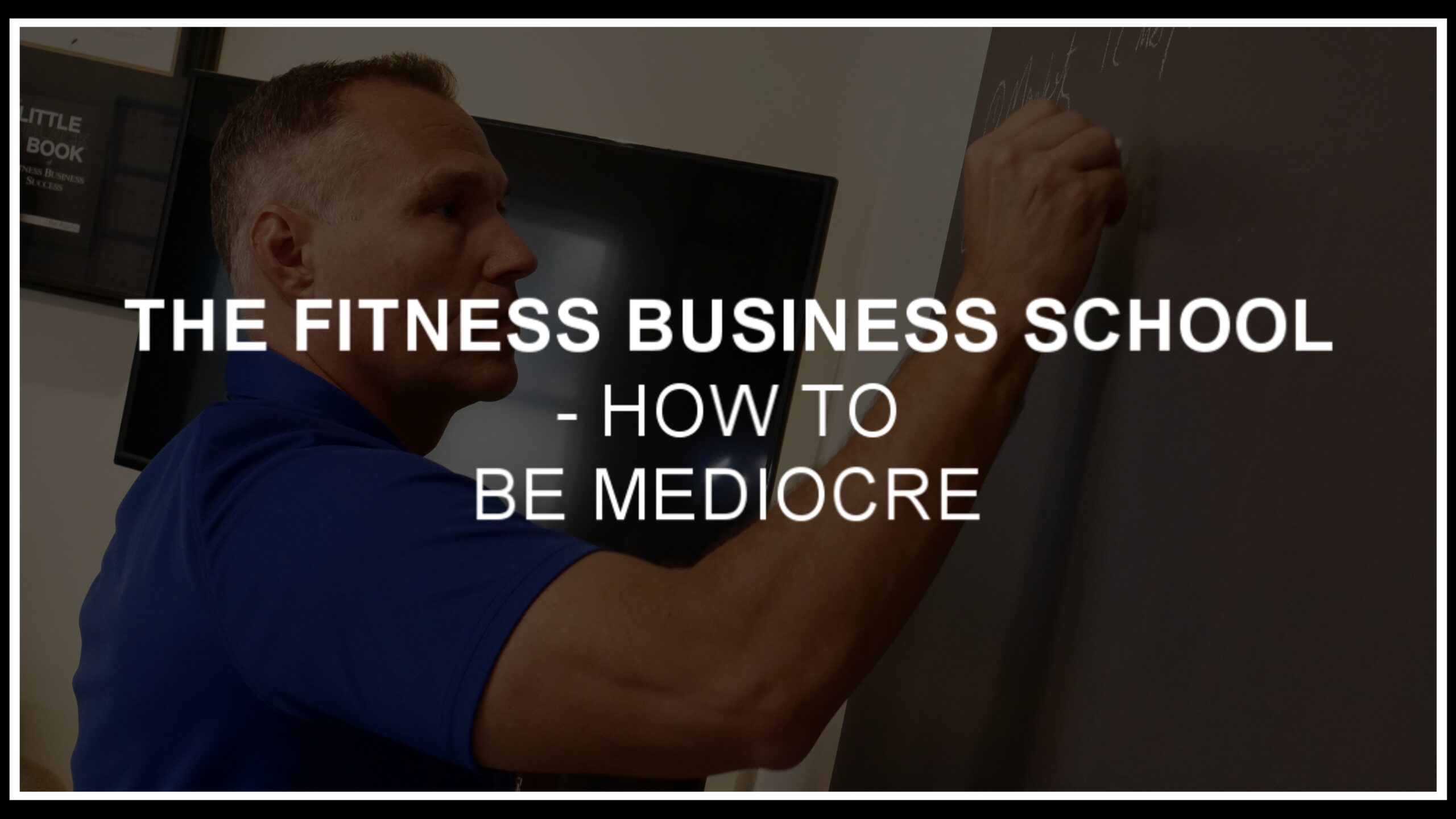Show Notes
- When we set goals, they’re typically unreached heights
- Reach a goal. Then set a higher one. Repeat.
- Your job isn’t to finish a to-do list, its to grow
- Pat began with a daily standard of 1 sell a day
- Cumulative wins add up
- If you sell at a rate higher than your attrition, you win
- Set high standards and don’t ignore them
P.S. – 6-Weeks of Coaching…Free.
Get a surge of new clients and revenue over the next 6 Weeks with ZERO FEE and no obligation to continue?
If you’re a current business owner who wants to add 50K or more in annual revenue over the next 12 month, you can Test Drive our coaching program for 6 Weeks with no fee or even an obligation to continue as a way to demonstrate how we can help you grow your business.
No strings attached. No obligation. You get our best coaching & tools…and hopefully, you’ll love it enough that you want to keep working together.
Would you be interested in discussing?
If so, email me here with ‘interested’ in subject line and we’ll set up a chat.
Full Transcript
Hey, Pat Rigsby here and in today’s episode, I want to talk with you about setting higher standards for yourself. Let’s get to it.
Welcome to the fitness business school podcast. The show for fitness business owners who want to grow their income, increase their end impact and improve their lifestyle. Be sure to listen to the end of this episode, because we have a brand new special offer exclusive for listeners. So stay tuned.
Over the last few weeks, I’ve done a a bit of discovery with both clients and just, you know, people who happen to be members of our newsletter community, you know, people who, who read and engage with my daily email. And I’ve asked a number of questions, a lot of questions to clients maybe
not as many questions, but kind of casting a wider net to the, the business owners I reach through the the email newsletter.
And, you know, it’s always interesting to, to hear the responses as far as what people’s goals are and you know, what they’re doing to achieve those goals. And I hear plenty of things that are both kind of exciting and exhilarating for me to, to, to connect with people about, because I love
the, the ambition and the, you know, the aspirational stuff. And, but it’s also, you know, that that thing where I think that because a lot of times, you know, when we’re setting goals, let’s face it, it’s almost always somewhere that we’ve yet to be. It’s always or at least almost always at a height that
we’ve yet to climb. And so, you know, a lot of times people don’t really know how to get to this new place that they’ve never been to before.
And I think back to, you know, the, the ways that I maybe achieved things that were kind of uncharted territory for, for me or for a business. And you know, I, I think back to being a college baseball coach and the, you know, my first season, you know, I’d set these expectations. I set this
bar of, Hey, we need to have our first true winning season is a program. You know, and then you’d set the bar higher. You know, we need to win 30 games. We need to you know, get to, you know, a point where we’re ranked in national poll. We need to do, you know, do things to compete at a, you know,
a regional or national level ultimately. And, you know, I’d set these standards and then figure out, okay, like, now it’s my job to get there.
It’s not, my job isn’t just to check boxes, right? My job isn’t just to feel like you know, I went down a to-do list and that, that’s the benchmark. No, I mean, and, and I think competitive athletics probably made this kind of a hardwired trait for me because, you know, both teams, I, if you’re in a competitive
sports environment, both teams practice, both teams you know, show up and do a pre-game. Both teams play for the same number of innings. You know, I didn’t do the things required, like those baseline things required of a team to be involved. No, I mean, you’re measured by a
scoreboard. Either I got it done or I didn’t, you know, I was good enough to win or I was not. And, you know, so I think the, just the doing the stuff, you know, the practicing the, the traveling to games, doing the pre-game, the fielding a team and competing for, you know, nine innings and all that stuff
that, like, those are just table stakes, right?
Like, those are just the cost of it being involved. And if you wanna be successful, then you have to have higher standards. And so I carried that into the in, into the business world. And I remember I had two really kind of corny daily standards that I would use. And this is just kind of synonymous with the
way that I, that I thought about things. One was I had to sell something every day. And it didn’t matter if it was a single session or an upgrade for a client or whatever else, or if it was a three day, a week, 12 month program, I had to sell something every day. And that was, that was a standard that I had to meet.
And I would make it a, an internal competition. And, you know, a lot of times I would want to work the, you know, a half day in the gym on a, you know, on a Saturday.
And so if I’m working from like eight till noon you know, I wanted to, or, you know, maybe seven till 11 or something, you know, I had to sell something. I couldn’t leave until I sold something. And a few times, you know, you’d catch yourself and it’d be like two, three o’clock, you go, what am I gonna do? I need
to, I need to call up an unconverted prospect. I need to, to you know, go talk to somebody on the floor. I need to upgrade somebody who’s already here. You know, I need to get a client on the phone and make an offer and invite them to upgrade or try something different. And, and it just kind of brought out that
kind of competitiveness that, that I had. And so I would do that, and I just would create this kind of internal competition that I felt like was necessary since I was the business owner.
I didn’t have somebody externally I was competing with. I was competing with myself. And so there was this standard that I felt like I had to meet in order to quote unquote win the day. Now, the other thing that I would do from a competitive standpoint was if I had somebody who had scheduled an
appointment for a consultation or what, you know, we may call in a success session today or something like that, and they know showed me or canceled me, you know, I had this hour of time that I could kind of just you know, just fumble away and let pass or I could use it to move the business forward. So
what I would do would be, I would compete with myself and say, okay, when I set three more appointments for consultations, I’m done. The rest of the hour is mine.
So if I can do it in 10 minutes, then I’ve got 50 minutes to go do whatever I feel like doing. If I want to head out of the gym, if I want to go out and catch a quick workout, if I want to go shoot basketball, it doesn’t really matter. I can do what I want with that time, but I can’t do that until I’ve set those three
appointments. And so, you know, there was so much outreach, phone calls or going and talking to people on, on the floor or whatever else, and, and I would have that kind of internal competition as well. And then, you know, I had a scoreboard in the office where, okay, this is our monthly goal. This is where we are relative to goal with appointments, set appointments that show up, new clients, recurring, revenue added.
You know, and there was this scoreboard every day that I was competing against. And, you know, I think too many people have kind of just that, that basic expectation of, I’m going to go to work. I’m gonna fulfill the obligations that maintain what I have, right? I’m gonna do the administrative stuff. I’m gonna
deliver the sessions, I’m gonna write the programs for the people who already pay me to, to stay where I’m at. But, but they don’t have a standard of performance that is tied to getting to where they want to go. They don’t have something that moves them forward. Now, as with anybody else, when I was trying
to reach new heights and get to a place that I had never been, I certainly didn’t understand the pitfalls, the challenges, the obstacles that I might incur. But I was good at simple math, right?
Like, if I had a hundred clients, I wanted to get to 200 clients. I just knew that, hey, if I sell one thing a day and I go and get new clients day after day, that cumulatively, that’s gonna add up. And if I’m retaining the people that I have at a higher rate you know, or that, you know, if I’m, if I’m retaining
people and adding people at a higher rate, then there is some, you know, some natural attrition with any business, then I’m gonna be successful. And that’s, it’s how I thought of it, right? Like, it’s how I probably kept the blinders on and expected more of myself. And, and I think of today, well, I, here’s,
here’s the simplest possible example of this. Currently I am about to head to the airport to go to our mastermind meeting in Florida.
And the standard is, you know, I’ve got to record podcast before, you know, on Wednesdays. And so thank goodness for, for, for having an, an ally and accountability partner in this. And Paul, you know, and so he shows up to, to record, and the standard is met just like daily emails. I would be very
comfortable as far as thinking, well, if I missed a day of an email, it wouldn’t really change my business as a whole. But I’ve kind of set this expectation or the standard that, hey, I send something every day. It’s kind of the Seth mentality. Like, it’s my job to produce, it’s my job to move the needle forward in my business. It’s not somebody else’s primary responsibility. And if I’ve enlisted other people to help with that, it’s my job to lead by example to lead from the front.
So if I’m not setting a higher standard and meeting it, then it’s really a tough ask to say somebody else should be. So that’s it. If you want to have something better, if you want to grow, if you want to improve, you’ve gotta be, be at peace with the fact that it’s gonna take more of you. It may not
necessarily take more time, but it may take more focus or more expectations or better leadership or, or something. There has to be a higher standard for you if there’s gonna be a better outcome. So that’s it. Want a better business, is that a higher standard?
Thanks for listening to this episode of The Fitness Business School.
Before you go, I’ve got a quick announcement. When I first connect with fitness business owners, they almost always ask me how I can get more clients and make more money. Well, I’ve got an exclusive offer for you and it’s gonna help you do just that.
And as a listener of this show, I would love to invite you to a conversation where you and I can talk about our new program, the Business Growth Sprint.
The Business Growth Sprint is a one-of-a-kind program where you get everything you need.
We actually work with you one-on-one, unlimited, one-on-one coaching and support.
We design a marketing plan for you.
We give you assets to execute the plan.
It’s unmatched in our industry between the level of coaching, the frequency of accountability, the simple step-by-step nature and the completeness of how it’s gonna guide you to making more money and improving your personal income fast.
Imagine having every tool, template, ad, and script that you need all ready-to-use. Plus you’re going to get one-on-one access with me and the other coaches on my team to make sure that everything from your business growth plan to your marketing and sales system is done, turnkey, ready to go.
And what’s great is there is zero risk. We guarantee that you are going to add at least $4,000 a month in recurring revenue, or $20,000 a month cash collected as part of this program in just four months.
So if you are interested, if you’d like to discuss and see if this is a fit, just shoot me an email at [email protected] and put Sprint in the subject line and I’ll get you all the details.


